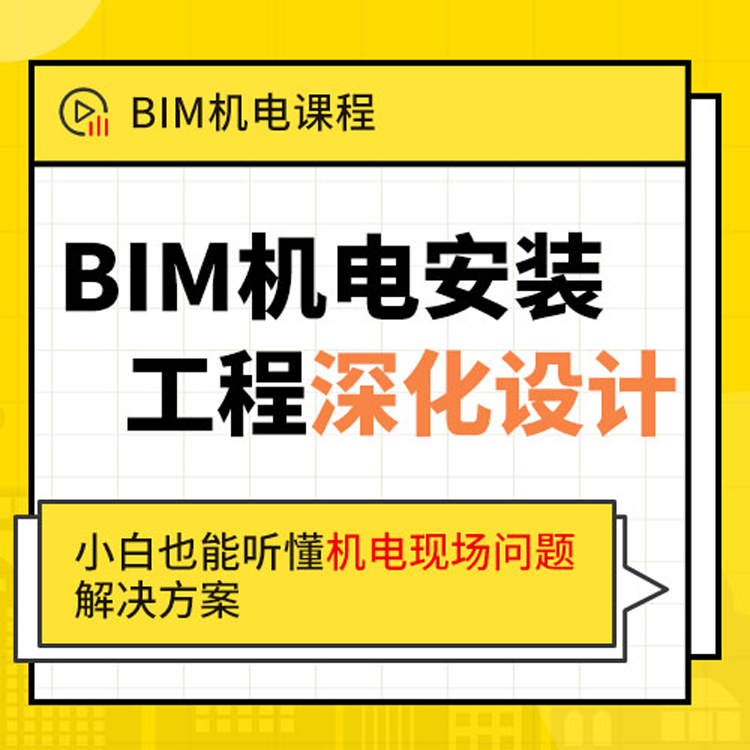【摘要】 即将参加商务英语考试的考生们,考试即将到来,你们的备考工作进行得如何了?考必过为大家精心整理了2013年商务英语BEC高级考前模拟练习(5)-中华考试网,希望能够助力商务英语考试。那么,同学们一起快来做题吧!关于2013年商务英语BEC高级考前模拟练习(5)-中华考试网的具体内容如下:
Asking Questions 询问问题Direct questions/open-ended:
What/why/how/where/when
Closed questions :
Do you/did you
Delicate questions:
I was wondering if/ could I ask you/ would you mind telling me/if it's not indiscreet I'd like to know/might I ask/may I ask
Clarifying Questions 澄清问题
So you want to know about---/is it the figures that worry you/ when you say---do you mean---/If I've understood the question you want to know about---
Evading Questions 回避问题
That's not really my field---/ that's a bit outside the scope of today's topic/ I haven't got the precise information with me today/ that's not really for me to say/I'd need notice of that question to answer you in full/this is not really the place to discuss that matter/ perhaps that's a question for another meeting
Inviting Comments 鼓励并听取意见
Has anyone got any questions at this point?
Would anyone like to comment on that?
Does anyone disagree with my last point?
Can anyone confirm my experience?
If nobody has any questions then I'll move on
Interrupting 中断
I'd like to discuss it further, but I think it's time to move on
Could I just stop you there---
If I might just add----
I'm sure we'd all agree, but perhaps we should get back to the main point
Transitions 过渡
If we could now turn to---/my next point is---/ what I want to do next is ---/ let's move on to---/that completes my analysis of---/so, now we are going to----
Reformulations 总结
If I might just go over that again---/so, in summary---/ just to remind you of the key facts/the main points/ the advantages of---/my main arguments were---
Closing 结束
Thank you for listening to me today
I hope you have found my presentation useful
Thank you for your attention
☆ Questioning Techniques 提问技巧
Reasons for asking questions:
To obtain information
To find out the opinions of other people
To ask other people to contribute ideas
To find out the reasons behind events
To seek confirmation
The status of the questioner
The questioner may have an official need to ask questions - work-role, legal power, etc., or the questioner may have an entirely personal curiosity to satisfy. If the role is official, the questioner needs to choose the questioning style with care in order to produce the required results. Questioning can be quite a threatening activity in some circumstances. For example, if the questioner wants information , then the person who has that information may feel that s/he is being asked to give up something that represents an advantage. If the questioner is merely curious in a social setting , then the important point is the level of delicacy of the question. In most cultures, very personal details such as how much money we earn is too private to form the subject of questions by others.
Choices of question style
Closed v. open
Closed questions permit only 'yes'/'no' answers. They may therefore be more threatening than open questions because they leave no room for expansion or explanation. The questioner needs to decide if it would be more tactful to ask:
Have you finished that report yet?
Or
How are you getting on with that report?
The first question implies that the report is now due; the second merely asks for a progress statement. The open question allows the respondent to elaborate and does not have overtones of authority.
Wh- type questions
Questions starting with question words: what, when, why, who, how, are open questions but they are also very direct. Too many questions like this have the flavour of an interrogation and may make the person being questioned feel uncomfortable. It may be necessary to preface the questions with phrases that show the questioner is aware of the intrusiveness of the question:
May I ask you…
Could you tell me…
Would you mind telling me…
I wonder if I could ask you….
I would be interested in knowing…
If it's not indiscreet, may I ask ….
I know it's not really my business, but….
Facilitative styles of asking questions
If the intention of the questioner is really to prompt the interlocutor in disclosing information freely, then question techniques may not be appropriate at all. Instead it might be better to echo and to reformulate in order to give the interlocutor the opportunity to expand.
Illustrative dialogue
A. Well, I live in a flat in a rather poor part of town.
B. Poor part of town…?
A. Yes, it's quite dirty and the streets are badly lit. That's why I don't like going out alone at night.
B. So you're frightened to go out alone?
A. Well, yes because we hear of attacks and muggings. That's why I want to leave.
In this dialogue, speaker B doesn't try to take the initiative, but merely echoes and reformulates to prompt speaker A to say what worries her.
以上就是考必过为大家整理的2013年商务英语BEC高级考前模拟练习(5)-中华考试网的具体内容。所谓未来,其实只是过去的堆砌,堆砌昨天便有了今天,堆砌今天便有了明天,堆砌明天便是未来。最后,考必过预祝大家在未来的商务英语考试中能够取得优异的成绩!
